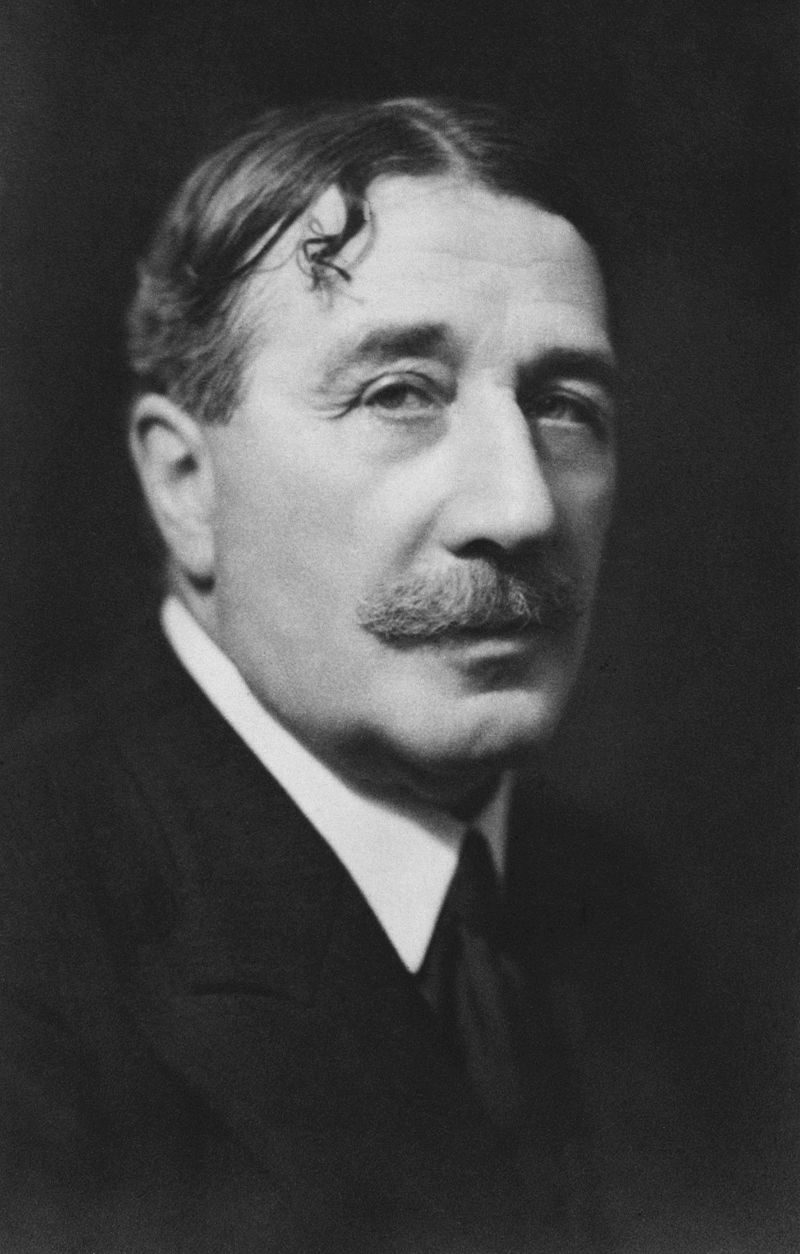
Twenty years ago today I launched this site’s ancestor: AnthonyFlood.com. (No middle initial.) Building it with Microsoft’s (no-longer-supported) FrontPage, made to order for this low-tech bookworm, I had swiped the look and feel of a color specialist’s site (how could I go wrong?), chose a font that conveys text to the brain with the least eyestrain (Verdana 10-pt Bold), slapped an image of the Owl of Athena in the upper left corner, and experimented with log lines. (An early mouthful was “Where Panentheism, Revisionism, and Anarchocapitalism Coalesce,” developed here; later, the terser “Philosophy against Misosophy.”)
A lifetime ago, I had it “all figured out”: Whitehead in philosophy, political economy via Rothbard, historical revisionism (e.g., Acton, Barnes). I scanned, in some cases typed from scratch, articles from my paper archives and formatted them for the site. Many global visitors (sometimes descendants of the authors) sent encouraging notes of appreciation for bringing the text of not easily accessible essays to their attention. The articles are worthless for citation purposes, of course, but readers hungry for their contents can consume them.
The site’s live, but dormant; I can no longer update it; it’s all I can do to maintain this one. Take a gander at the index. Behold its holdings for Blanshard, Langer, Lonergan, Hartshorne, Rothbard, Whitehead. My dear friend (and fellow Aptheker research assistant) Hugh Murray (an anthology of whose historical essays I’m editing) has his portal.
And, last but not least, this writer, roadkill in the fight to publish or perish outside of academia, at least had a platform for stuff he wrote that others might consider as he eked out a living in the “corporate world.”

One of those others is Bill Vallicella, the Maverick Philosopher, an analyst’s analyst and early (and continuing) source of encouragement and criticism. (An earlier version of his site is approaching its 2oth.) He thought enough of an essay of John Deck’s (posted because, I say, it “broke Thomism’s hold on me”—I was well on my way to that waste of time called panentheism) to critique my appreciation of Deck. This sparked a decades-long correspondence and a friendship that transcends our differences.
Continue reading “AnthonyFlood.com: An Emerald Anniversary Retrospective”

 No one who met Jim Sadowsky could ever forget him. I first saw him at a conference at Claremont University in California in August 1979; his great friend Bill Baumgarth, a political science professor at Fordham, was also there. His distinctive style of conversation at once attracted my attention. He spoke in a very terse way, and he had no patience with nonsense, a category that covered much of what he heard. If you gave him an argument and asked him whether he understood what you meant, he usually answered, “No, I don’t.” He once said to a fellow Jesuit, “that’s false, and you know it’s false.”
No one who met Jim Sadowsky could ever forget him. I first saw him at a conference at Claremont University in California in August 1979; his great friend Bill Baumgarth, a political science professor at Fordham, was also there. His distinctive style of conversation at once attracted my attention. He spoke in a very terse way, and he had no patience with nonsense, a category that covered much of what he heard. If you gave him an argument and asked him whether he understood what you meant, he usually answered, “No, I don’t.” He once said to a fellow Jesuit, “that’s false, and you know it’s false.” I welcome it, and recently got
I welcome it, and recently got  with Metaphysics,” Section 1 of Chapter 3, “Neutrality & Autonomy Relinquished,”
with Metaphysics,” Section 1 of Chapter 3, “Neutrality & Autonomy Relinquished,”  From a friend, John Lancaster
From a friend, John Lancaster This was first published in 2002 on Pathways in Philosophy (link now dead) and then on
This was first published in 2002 on Pathways in Philosophy (link now dead) and then on 

 In a Schlitz ad from yesteryear Bill finds this mood summed up:
In a Schlitz ad from yesteryear Bill finds this mood summed up: embarking on a study that will be roughly equal parts philosophical, historical, theological, and personal. It will immerse me in the writings of 20th century American Marxists who, despite the path they took, have fascinated me. They thought, wrote, and fought in a world that headed inexorably toward the Second World War, was embroiled in it, and then emerged from it, knocked for a loop. It seemed that, directly or indirectly, these writers were always trying to make sense of the conflagration and its aftermath.
embarking on a study that will be roughly equal parts philosophical, historical, theological, and personal. It will immerse me in the writings of 20th century American Marxists who, despite the path they took, have fascinated me. They thought, wrote, and fought in a world that headed inexorably toward the Second World War, was embroiled in it, and then emerged from it, knocked for a loop. It seemed that, directly or indirectly, these writers were always trying to make sense of the conflagration and its aftermath.
 evidence for his antithesis, is only implicitly against Wokeism. I’ve been amazed to find attacks on the weaponization of the Department of Justice against Donald Trump on the front page, not of The Wall Street Journal, but of The Militant, organ of the Castroist Socialist Workers Party. (
evidence for his antithesis, is only implicitly against Wokeism. I’ve been amazed to find attacks on the weaponization of the Department of Justice against Donald Trump on the front page, not of The Wall Street Journal, but of The Militant, organ of the Castroist Socialist Workers Party. (





